Roll the film – for the Institute of Agricultural Sciences
- D-USYS
- Institute of Agricultural Sciences
The Institute of Agricultural Sciences (IAS) within ETH Zurich’s Department of Environmental Systems Science creates and promotes knowledge about agricultural ecosystems and their complex interactions with the environment and the society. The professorships allocated to the IAS join forces for a sustainable agriculture. In various short film portraits, the individual research groups present themselves to a broader audience.
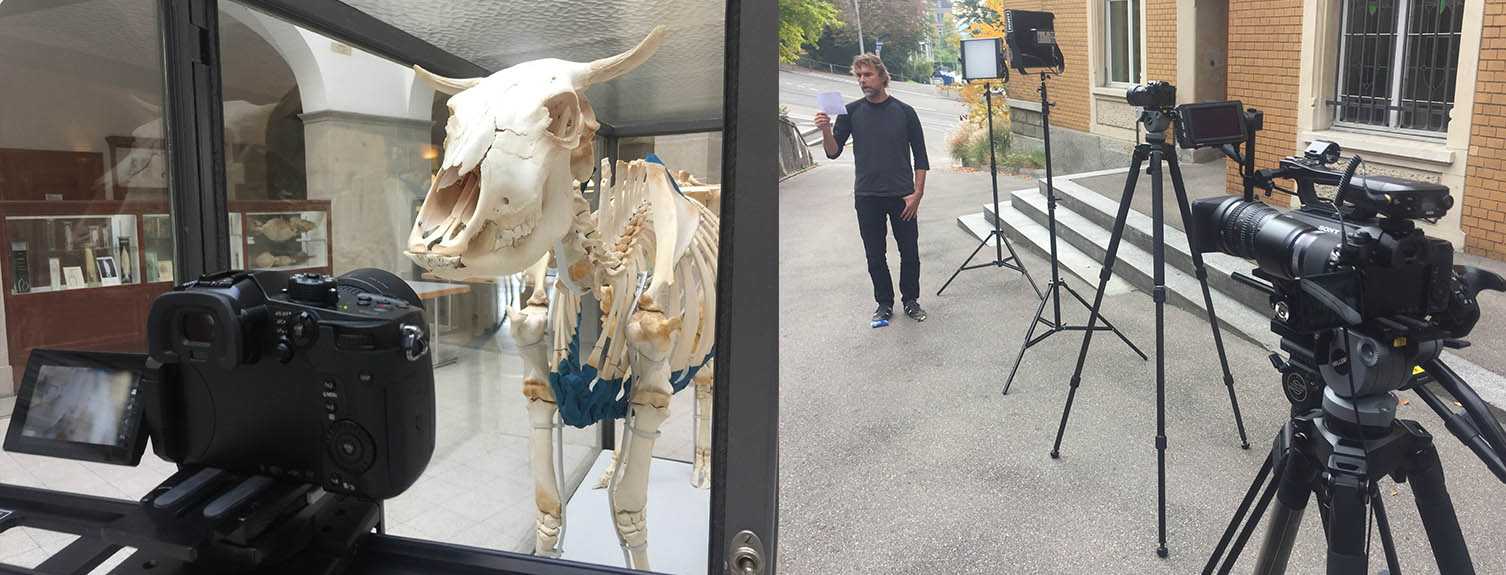
The short films offer a portrait of each IAS research group, arranged chronologically by the year in which the respective group was founded (in brackets).
Animal Nutrition (1994)
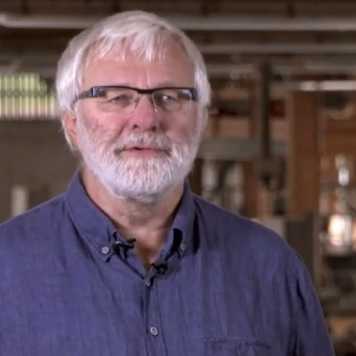
The current Animal Nutrition group, led by Michael Kreuzer, was set up at ETH Zurich 25 years ago. After helping to kick-start the process, it has also contributed to the establishment of an animal research facility over the last decade. The facility enables new technologies in the realm of livestock sciences to be developed and evaluated. external page Video
Plant Nutrition (1994)
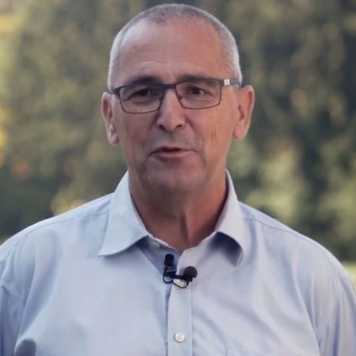
The research undertaken by the Plant Nutrition group, led by Emmanuel Frossard, addresses the challenge of how to improve nutrient efficiency in productive agricultural systems. The group primarily works on nitrogen, phosphorus and zinc. external page Video
Grassland Sciences (2003)
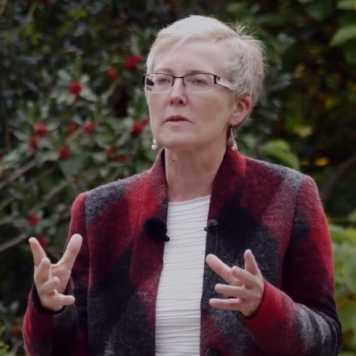
The Grassland Sciences group, led by Nina Buchmann, is interested in the functioning of meadows and pastures, but also arable land and forests. It analyses biospheric-atmospheric greenhouse gas exchange, both in response to human and biophysical drivers and across spatial and temporal scales. external page Video
Crop Science (2010)
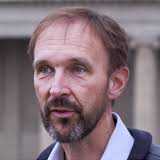
The Crop Science group, led by Achim Walter, focuses on establishing and applying crop phenotyping technologies. This means that it creates novel ways to shed light on the performance of crops such as wheat and soybean via image-based analyses of shoots and roots both in the lab and in the field, with time intervals ranging from minutes to seasons. external page Video
Animal Physiology (2013)
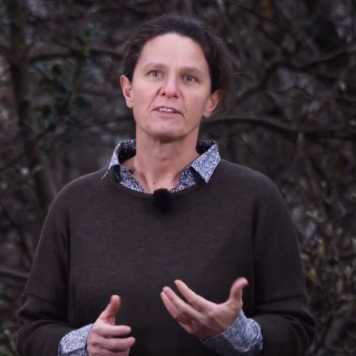
The Animal Physiology group, led by Susanne Ulbrich, focuses on understanding the complex interplay between health and performance in livestock. The group’s research addresses livestock-related challenges that are of the utmost importance for the animal food production chain: healthy livestock is a prerequisite for ensuring global food security. external page Video
Biocommunication and Entomology (2013)
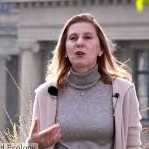
The Biocommunication and Entomology group, led by Consuelo De Moraes, explores the complex role of chemistry in mediating interactions among plants, insects, and other organisms. One of the areas on which the group focuses is the role of plant odour as a cue for insects. external page Video
Sustainable Agroecosystems (2013)
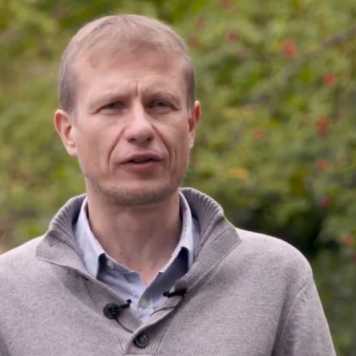
Research undertaken by the Sustainable Agroecosystems group, led by Johan Six, focuses on the interactions between sustainable agricultural management, global change and biogeochemical cycling. The group concentrates on research in Sub-Saharan Africa and Europe. external page Video
Molecular Plant Breeding (2016)
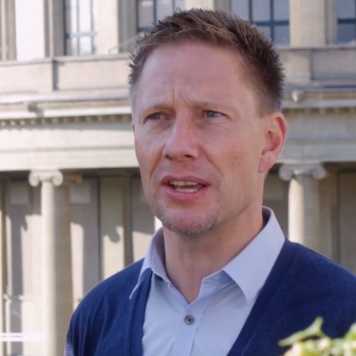
The Molecular Plant Breeding group, led by Bruno Studer, develops molecular methods and techniques to understand the genetic composition of complex traits in crop species. By applying this knowledge to plant breeding, the group supports the development of new cultivars with novel traits for a sustainable agriculture. external page Video
Agricultural Ecology (2017)
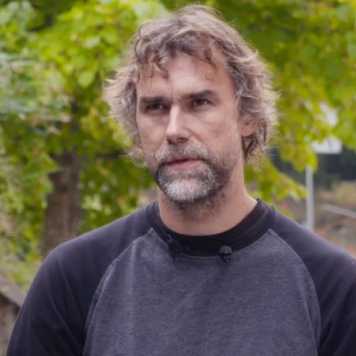
The Agricultural Ecology group, led by Christian Schöb, takes a community-focused ecological approach to crop systems and studies the potential offered by biodiversity in agriculture, in particular, through intercropping. external page Video
Agricultural Economics and Policy (2017)
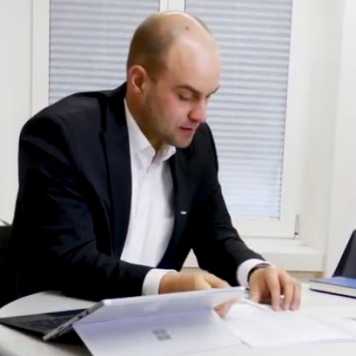
The Agricultural Economics and Policy group, led by Robert Finger, aims to improve the understanding of links between production and risk management decisions taken in the agricultural sector with markets and policies. The group’s research is highly interdisciplinary and direct policy relevance. external page Video
Animal Genomics (2017)

The Animal Genomics group focuses on the genetic dissection of Mendelian phenotypes, complex traits, and diseases in livestock. They use high-throughput DNA sequencing technologies, statistical genomics approaches, and bioinformatics tools to collect, process, and analyse large amounts of genomic data in order to pinpoint trait-associated DNA variants. external page Video
Computational Ecosystems Science (2019)
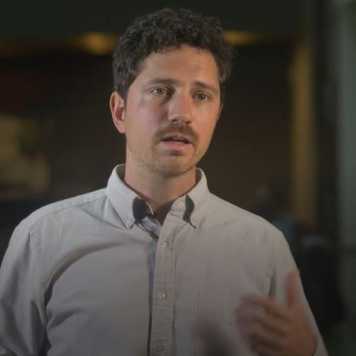
In September 2019, Benjamin Stocker, Assistant Professor for Computational Ecosystems Science, joined the IAS. His group is currently being assembled. The aim of his research is to develop predictive methods to simulate photosynthesis, tree growth and the response of forest dynamics to the atmospheric CO₂, altered nutrient inputs and climate change.
About the Institute of Agricultural Sciences
Prior to 2010, the groups now forming the IAS were split into the Institute of Plant Sciences and the Institute of Animal Production. The latter, which existed before 1980, became the Institute of Institute of Animal Science in 1986. Already at that time, animals were no longer seen solely as a production factor in agriculture, but instead, animals and humans were the focal points to an applied biology. In 2010, all the faculty members within agricultural sciences were brought together under the umbrella of the Institute of Plant, Animal and Agroecosystem Sciences. The IAS took on its current name in 2011.
About the Institute of Agricultural Sciences and all research groups in an overview
All video portraits of the different research groups of IAS can be found on the external page D-USYS YouTube channel.